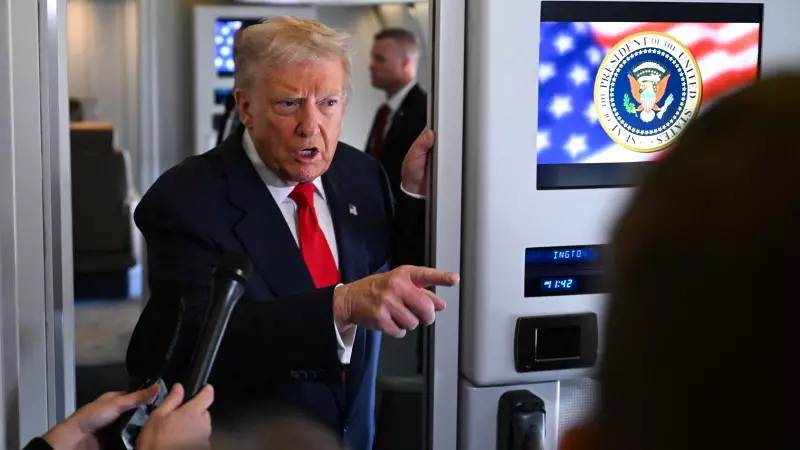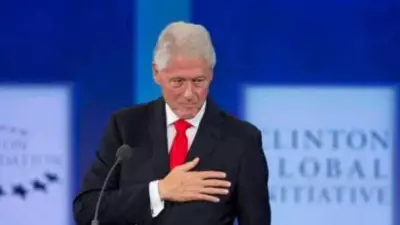
In a development that could dramatically reshape global nuclear dynamics, former President Donald Trump has indicated he would not rule out resuming underground nuclear tests if he returns to the White House. This potential policy shift represents the most significant change to US nuclear strategy in decades.
Breaking Three Decades of Nuclear Testing Moratorium
The United States has maintained a self-imposed moratorium on underground nuclear testing since 1992, a policy that has been respected by successive administrations regardless of political affiliation. Trump's willingness to reconsider this longstanding position signals a fundamental shift in America's approach to nuclear deterrence.
"There's no need to resume testing at this moment," Trump stated during a recent interview, "but I would never rule anything out." This carefully worded statement leaves the door open for a potential return to testing that could have far-reaching implications for international security.
Pentagon's Concerns Over Advanced Nuclear Programs
According to senior officials familiar with the matter, the Pentagon has expressed growing concerns about the sophistication of Russian and Chinese nuclear weapons programs. There are indications that both nations may be developing new types of warheads that could challenge current US detection and defense capabilities.
The discussion around resuming testing isn't merely theoretical. The National Nuclear Security Administration has reportedly been evaluating how quickly the US could conduct an underground test if ordered to do so. Such preparations suggest the administration is seriously considering this option as a viable policy tool.
Global Implications and Arms Control Consequences
A decision by the United States to resume nuclear testing would likely trigger immediate responses from other nuclear powers:
- Russia and China would almost certainly resume their own testing programs
- The Comprehensive Nuclear-Test-Ban Treaty would face potential collapse
- Non-proliferation efforts would suffer a significant setback
- Global nuclear tensions would escalate dramatically
Experts warn that such a move could initiate a new nuclear arms race, reversing decades of progress in nuclear arms control and non-proliferation efforts.
Political and Strategic Calculations
The timing of these discussions coincides with increasing geopolitical tensions and the approaching expiration of key arms control agreements. Trump's position appears designed to maintain maximum flexibility in dealing with nuclear-armed adversaries while signaling American resolve.
"This isn't just about testing nuclear weapons," explained a former defense official who spoke on condition of anonymity. "It's about sending a clear message to Moscow and Beijing that the United States will not allow itself to be strategically outmaneuvered in the nuclear domain."
The debate over nuclear testing reveals fundamental differences in how American leaders view the role of nuclear weapons in national security strategy, with potentially historic consequences for global stability.





